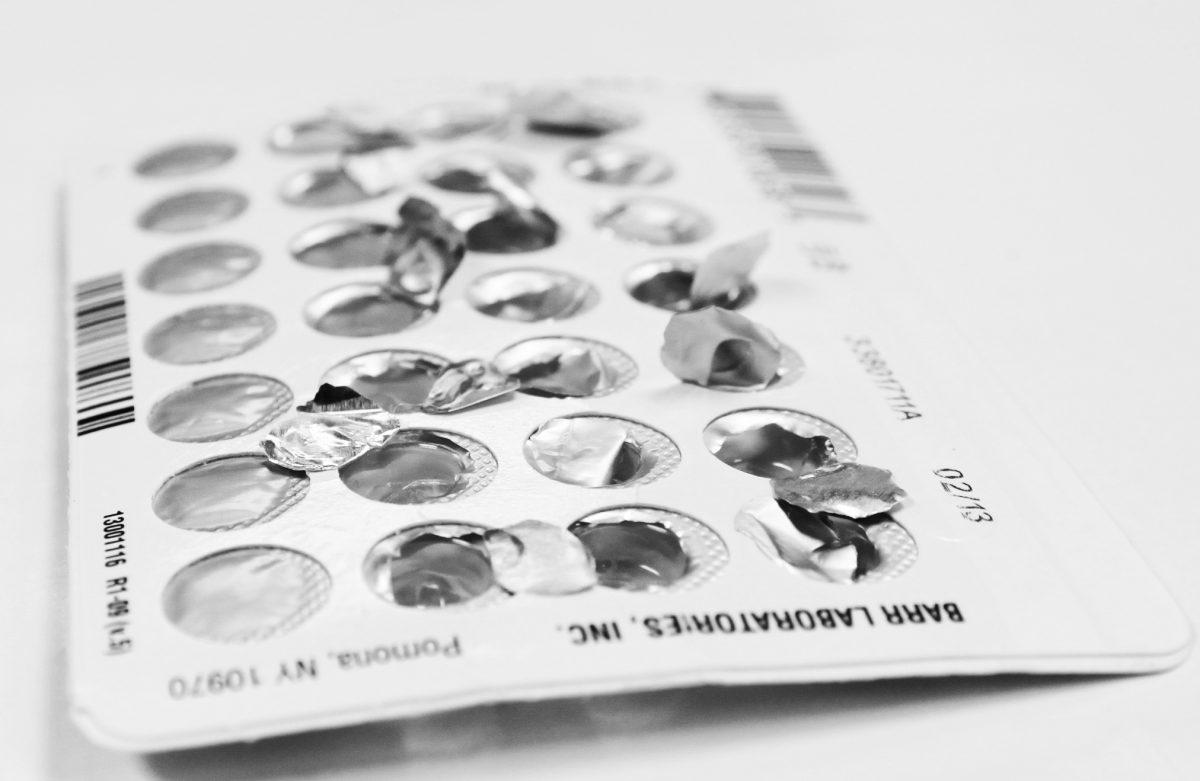The Supreme Court May Use Dobbs to Take Down Trans Rights—and Beyond
But Michelle Banker, senior director of reproductive rights and health litigation at the National Women’s Law Center, said Tennessee is “just flat wrong on the law to be relying on Dobbs in this way.” And the error can be traced back to Justice Alito himself.
In what essentially amounts to an aside in the text of the Dobbs decision, Alito wrote that state abortion bans don’t violate the equal protection clause, even though that was not an official question in the case. “The [equal protection] discussion in Dobbs is what we call ‘dicta,’ meaning that it doesn’t have the force of law because the issue wasn’t before the court,” Banker said. “The court had no business making a statement about it in that case, and courts shouldn’t be relying on it now.” (Unfortunately, it’s not the only instance of extraneous Alito comments setting a trap for people’s rights—the same can be said of the 2014 Hobby Lobby case about birth control.) In this same section, Alito cited a 1974 case, Geduldig v. Aiello, which held that pregnancy discrimination didn’t violate equal protection. Banker said the reasoning Alito applied in invoking Geduldig has been “rejected over and over,” but Tennessee cites it several times as well.
If the Supreme Court blesses this line of reasoning, states could use the precedent to attack other forms of health care. Banker said that Tennessee’s argument could have “really radical implications”—and pointed to birth control, as well as certain fertility treatments that would likely end up endangered.



